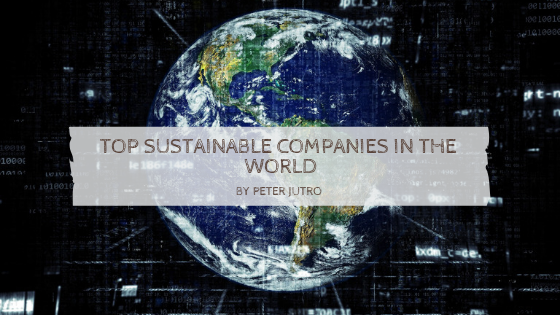Under the looming threat of climate change and other environmental challenges, companies worldwide are doubling down on efforts to cut waste and promote green practices. A few firms, however, far exceed the average in their endeavors to ensure sustainability across all facets of business. To recognize the efforts of the world’s most sustainable businesses, the financial research group Corporate Knights has released its 14th annual Global 100 progress report.
The report narrows a pool of nearly 6,000 publicly listed firms with revenues of $1 billion or more–spanning 22 countries–into a list of the world’s 100 most environmentally conscious companies. Rankings were based on sustainability reports, financial filings, and other public documentation. In evaluating companies, Corporate Knight examined metrics including carbon and waste production, energy usage, innovation expenditures, diversity and compensation among executives, choice of suppliers, the status of pension funds, safety of working conditions, turnover rates, and taxes paid.
Clinching the title of “most sustainable” was French firm Dassault Systemes, a company which sells software offering 3D renderings of the life cycles of machinery, tools and industrial equipment. Dassault’s software supports customers across a range of industries, both public and private, by facilitating waste reduction and the adoption of renewable energy. The company ranked eleventh last year, but managed to secure this year’s top place thanks to a diverse board with six female directors out of eleven, a comparatively minor (30:1) disparity in pay between its CEO and the average worker, and a sizeable financial commitment to giving back (Dassault paid 26% of its earnings in taxes over the past five years.)
Finland’s Neste managed a close second; the oil refining and marketing firm earned high marks for devoting 90% of its investments to biofuel and other renewable fuel sources. Those investments are estimated to result in Neste earning over half its revenue from clean fuel within five years. Third place was awarded to French automotive supplier Valeo, for its dedication to creating products that limit harmful emissions. Rounding out the top five were Belgian-based pharmaceutical group UCB (fourth), and Finnish mining/industrial tech company Outec.
On average, Global 100 companies paid 27% more in taxes, employed three times more female executives, and earned six times more “clean revenue”–revenue from products/services that have a positive effect on the environment or society–than firms of a similar scale. Besides a penchant for sustainability, Global 100 companies also seem to boast superior financial performance. Since the Global 100 began in 2005 to 2017, return on investment has been markedly higher, averaging 163%, for companies within the Global 100 Index than the MSCI All Country World Index.

